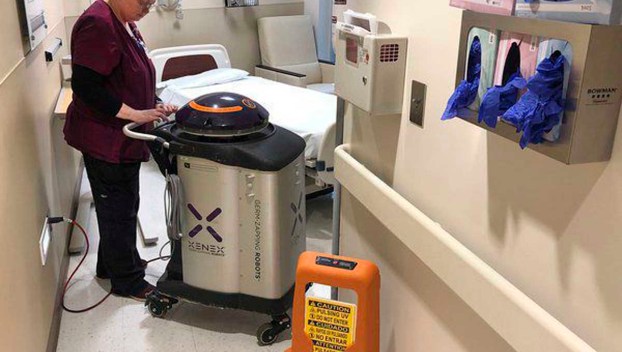
Ga Fl News
Health officials have been preparing for surge in patients from COVID-19
DALTON, Ga. — They don’t know when it will come or how large it will be, but Hamilton ... Read more

DALTON, Ga. — They don’t know when it will come or how large it will be, but Hamilton ... Read more